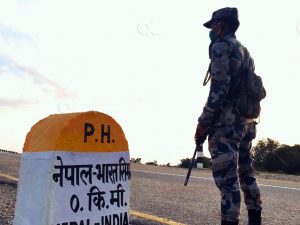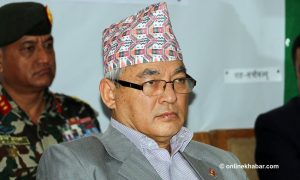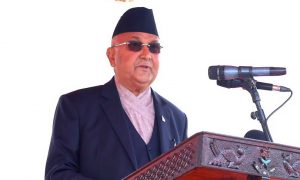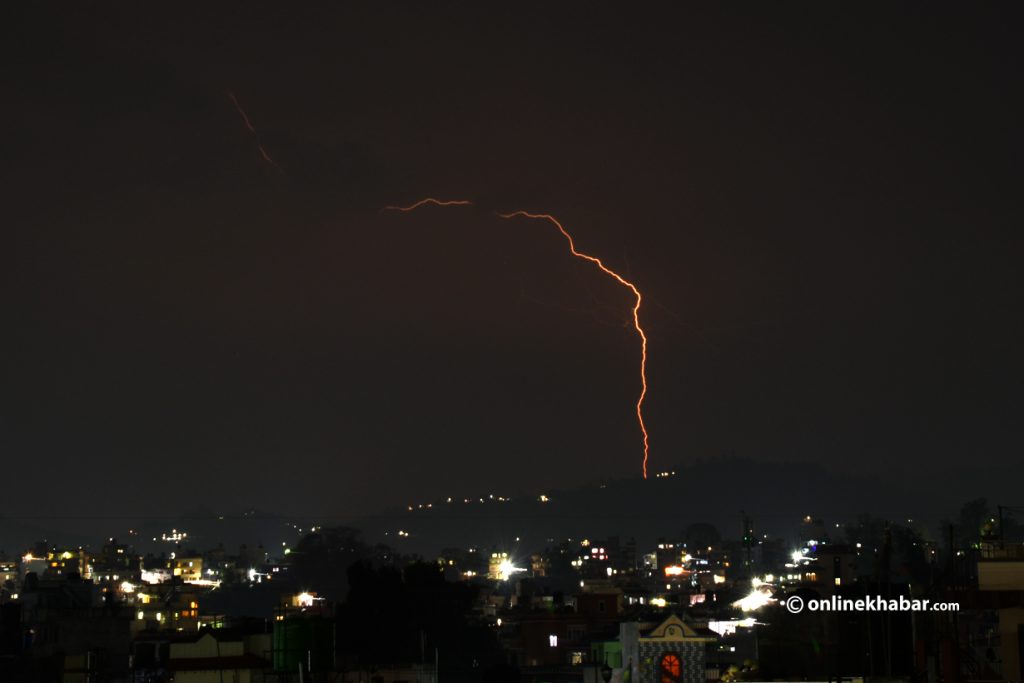
One of the primary functions of a state system is to guard its borders and its people. The state has its security forces and other apparatuses assigned to perform this duty. However, unlike the era of power projection and jostling for military supremacy of yesteryears, state relations today are marked by diplomacy, multilateralism and negotiations. Technological innovations, economic interconnectedness, cross-border human movement, robust information and cultural exchanges have added new dimensions to the relations between states.
Today, even though a state’s understanding of national security has moved away from the confines of border security, encompassing within its ambits hitherto overlooked issues such as human security, cybersecurity, environmental security, food security, energy security and the like; it still remains the dominant element in the discourse. Transnational threats like terrorism, smuggling, human trafficking, cybercrimes, global warming, pandemics and organised crimes have made the issue of border security more complex to grapple with and thus demands a novel approach.
Given its economic and geographical specificities, Nepal is especially vulnerable to the wave of new challenges to border security. Nepal’s limited military and economic capacity, insignificant technological advancement, strategic but underutilised geographic location, land-lockedness, and open border are but a few factors that make it even more vulnerable.
Borders with the neighbours
The traditional notion of border security has always been a challenge to Nepal. The open and porous border to the south with the unregulated and undocumented movement of people has always posed a serious challenge to the integrity of national borders. Owing to the country’s resource constraints, the nominally regulated movement of people and goods through the border has resulted in the leakage of large sums of customs revenue and adversely left our doors ajar for illegal import and smuggling. Likewise, the free movement has also allowed people from across the border to indulge in activities that disturb social harmony.
Meanwhile, the issue of disputed territory has resurfaced and will require tactful handling by the country’s diplomatic mandarins and the powers they have. Likewise, the difficult terrain in the northern border area and the paucity of security infrastructures, both physical and human, have limited the ability of the state to make its presence felt to the extent possible. Though Nepal has limited border issues with its northern neighbour China, the inconspicuous presence of security infrastructures leaves it susceptible to possible infiltration by elements detrimental to national security.
Airport security
The only international airport in Kathmandu is the hub of all international air travellers to and from Nepal. This is from where the movement of people, goods and animals is regulated and plays an integral role in maintaining the security of the country.
In Nepal, the ever-increasing movement of people for business as well as pleasure, the increasing use of air cargo, the migration of people in search of greener pastures and the tendency among some transgressors to exploit the overburdened resources at the airport has hindered its ability to perform as expected. Likewise, the liberal visa policy adopted by the state, economic considerations notwithstanding that visitors from a number of countries are granted visa on arrival has further exacerbated the situation. Thus, the Tribhuvan International Airport has always had to bear the brunt of criticism from different quarters for its alleged mismanagement, rudimentary infrastructure and the lack of coordination among various agencies operating within its premises.
In light of the recent Country Report on Terrorism-2018 published by the US Department of State stating, “Nepal has been, and could continue to be, used as a transit or staging point for international terrorists,” due to the minimal security provisions at international crossing points, despite that whether the report is in consonance with actual ground reality being open for debate, the security measures should be fortified to ensure robust national security and address international concerns.
The government’s effort to create a more advanced immigration system and upgrade the infrastructures at different customs and immigration point is a step in the right direction. With the Visit Nepal Year 2020 right around the corner, every possible step should be taken to ensure a balance between facilitation of flow of tourists in the country and timely intervention to curtail undesirable activities. A new immigration act is in the pipeline, aiming to address the changed context and demands. Considering the diplomatic sensitivity of the issue and our own constraints, sweeping reforms cannot be expected instantly, however, promising steps are being taken to foster and fortify security arrangements.
Way forward
Today, the issue of border security cannot be viewed in isolation and has to be looked into in tandem with other security imperatives. Thus a multi-pronged approach is called for, involving the collaborative engagement of all concerned stakeholders. It is high time that Nepal’s security approach does not miss the woods for the trees.
First and foremost, all concerned authorities must realise the need for investment to bring our security infrastructures at least on a par with international standards. Advanced biometrics technology, well-equipped and trained human resources, data analytics with proper database and modern baggage scanners are imperatively required. There is also a dire need of policy engagements with regional and international partners, inter- and intra-government sharing of information and capacity enhancement opportunities.
A built-in mechanism should be devised for heightened cooperation between the various government agencies involved in border security such as immigration, customs, police, quarantine and the like. All government offices related to border security should be manned at all times.
To this end, the government has already initiated the process to establish 63 border observer posts (BOPs) along the Indian and Chinese borders under the command of the Armed Police Force. The country should build upon this momentum to enhance border security provisions.























